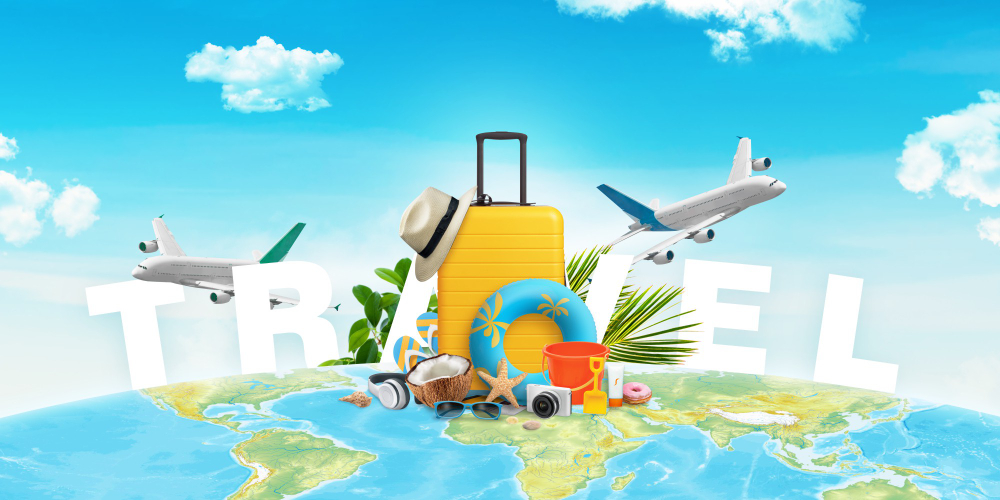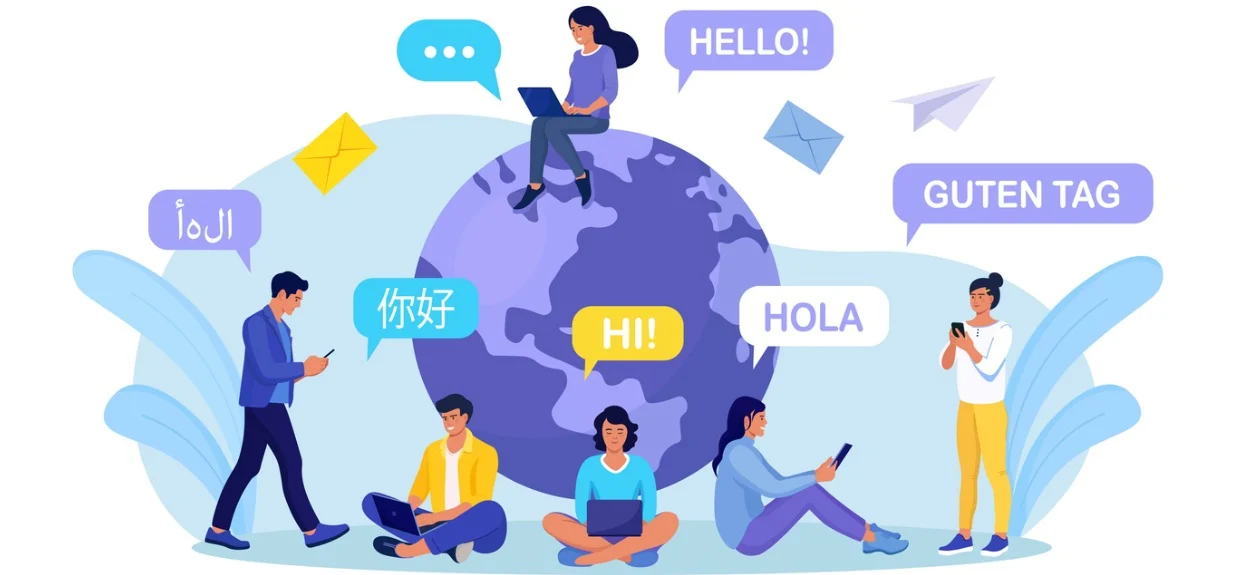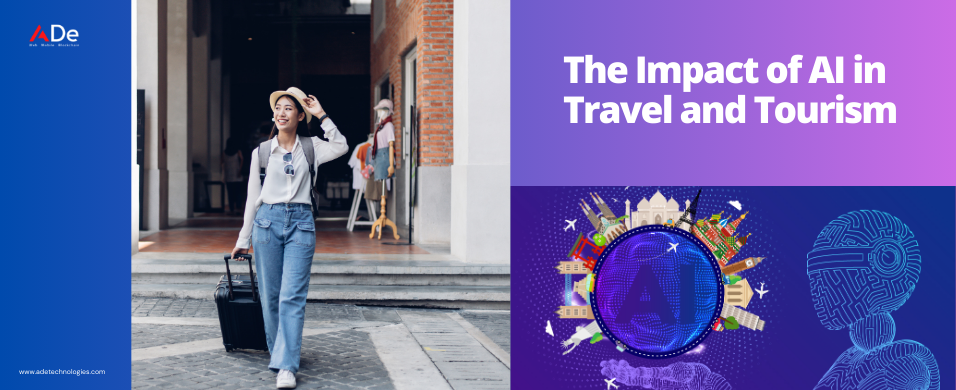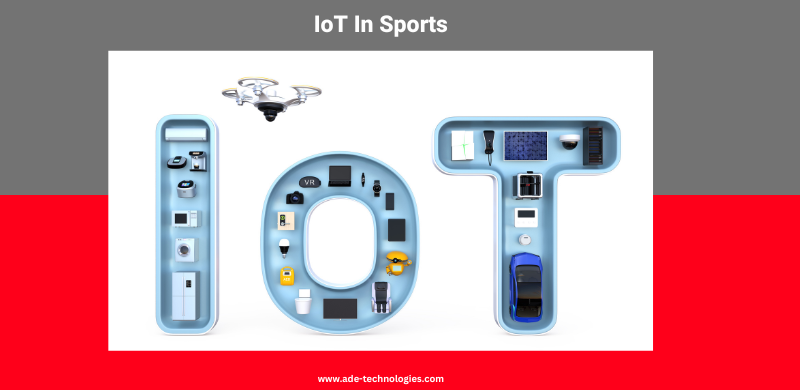Artificial Intelligence (AI) is transforming the travel and tourism industry, making travel experiences smoother, more personalized, and efficient. From booking flights to exploring new destinations, AI is revolutionizing every aspect of travel. Let’s explore ten significant benefits, use cases, and examples of AI in travel and tourism in simple terms.

1. Personalized Travel Recommendations
Benefit: AI can analyze vast amounts of data to understand your preferences and provide tailored travel suggestions.
Use Case: Personalized Itineraries
Example: Imagine you love beaches and historical sites. An AI-powered travel app can recommend destinations like Greece or Hawaii based on your interests, past travel history, and even current trends.
2. Enhanced Customer Service
Benefit: AI-powered chatbots and virtual assistants provide immediate support, answering queries and resolving issues 24*7.

Use Case: Instant Customer Support
Example: Companies like Booking.com use AI chatbots to assist travellers with booking changes, hotel recommendations, and local information, ensuring travellers get help whenever they need it.
3. Efficient Booking Processes
Benefit: AI simplifies the booking process by predicting the best times to book flights and hotels, ensuring travellers get the best deals.
Use Case: Predictive Booking
Example: Apps like Hopper use AI to analyze airfare trends and notify users when prices drop, helping them book flights at the cheapest prices.
4. Seamless Travel Planning
Benefit: AI tools can create comprehensive travel plans, including flights, accommodations, and activities, all in one place.
Use Case: All-in-One Travel Planners
Example: TripIt uses AI to organize travel plans by consolidating travel information from your emails and creating a master itinerary, making travel planning hassle-free.
5. Smart Assistants in Airports

Benefit: AI in airports can streamline check-in processes, provide real-time flight updates, and enhance security measures.
Use Case: Automated Check-Ins and Security
Example: At some airports, AI-powered kiosks allow travelers to check in and print boarding passes quickly. Additionally, AI in security systems helps identify threats more efficiently, ensuring safer travel.
6. Language Translation

Benefit: AI-driven translation tools break down language barriers, making it easier for travelers to communicate in foreign countries.
Use Case: Real-Time Translation
Example: Google Translate’s AI-powered features can translate text, speech, and even images in real-time, allowing travelers to navigate, order food, and ask for directions without language difficulties.
7. Enhanced Customer Insights
Benefit: AI helps travel companies understand customer behaviour and preferences, enabling them to offer more relevant services and promotions.
Use Case: Customer Behaviour Analysis
Example: Airlines use AI to analyze passenger data, such as booking patterns and preferences, to offer personalized services like preferred seat selections or special meal options.
8. Improved Travel Safety
Benefit: AI systems can monitor and predict travel risks, such as weather conditions or political unrest, to ensure traveller safety.
Use Case: Risk Management
Example: Travel companies like Riskline use AI to provide real-time travel risk assessments, helping travellers make informed decisions about their itineraries.
9. Smart Destination Experiences
Benefit: AI enhances the travel experience by offering smart guides, augmented reality (AR) tours, and personalized local recommendations.

Use Case: Augmented Reality Tour
Example: Apps like Google Lens use AI and AR to provide information about landmarks and attractions when you point your phone’s camera at them, enriching the sightseeing experience.
10. Efficient Resource Management
Benefit: AI optimizes resource allocation for travel companies, reducing costs and improving operational efficiency.
Use Case: Dynamic Pricing and Inventory Management
Example: Hotels use AI to adjust room prices based on demand, ensuring maximum occupancy and profitability. This dynamic pricing model helps both the hotel and the traveller by offering competitive rates.
Conclusion:
AI is reshaping the travel and tourism industry by making it more efficient, personalized, and enjoyable. From personalized recommendations to enhanced customer service, AI’s capabilities are vast and continually evolving. As AI technology advances, the possibilities for its application in travel and tourism are endless, promising an exciting future for travellers worldwide.



